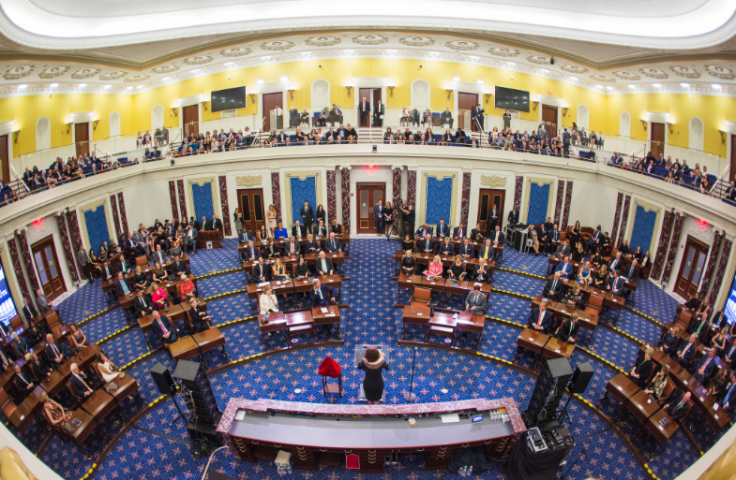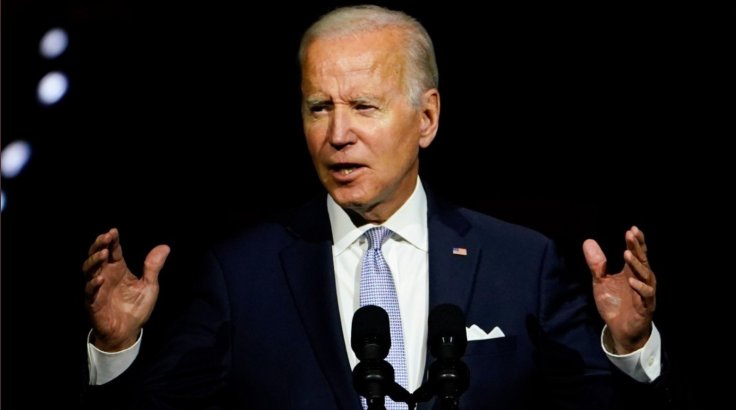The White House endorsed a bipartisan bill seeking the ban of Chinese app TikTok in the US. National security adviser Jake Sullivan said the bill introduced in the Senate will boost the administration's ability to handle systemic risks emanating from sensitive technology sectors.
On Tuesday, a group of 12 US Senators unveiled the new bill, titled Restricting the Emergence of Security Threats that Risk Information and Communications Technology (RESTRICT) Act. The bill seeks to give President Joe Biden wider powers to ban TikTok nationwide.

New Powers
The legislation will give the US government new powers "against foreign-linked producers of electronics or software that the Commerce Department deems to be a national security risk," CNN reported, citing the backers.
Sullivan said the bill will "strengthen our ability to address discrete risks posed by individual transactions, and systemic risks posed by certain classes of transactions involving countries of concern in sensitive technology sectors."

The bipartisan bill was backed by Senators like Mark Warner, John Thune, Tammy Baldwin, Joe Manchin, Michael Bennet, Kirsten Gillibrand, Martin Heinrich, Deb Fischer, Jerry Moran, Dan Sullivan, Susan Collins and Mitt Romney. The bill is aimed at companies in countries like China, Cuba, Iran, North Korea, Russia and Venezuela.
CCP Links
US Secretary of Commerce Gina Raimondo welcomed the legislative framework. She said this would protect Americans' safety and national security.
Democratic Senator Mark Warner, who chairs the Intelligence Committee, said the US has concerns over TikTok, which he said is associated with the Chinese government.
"Today, the threat that everyone is talking about is TikTok, and how it could enable surveillance by the Chinese Communist Party, or facilitate the spread of malign influence campaigns in the U.S. Before TikTok, however, it was Huawei and ZTE, which threatened our nation's telecommunications networks," Warner said.

"We need a comprehensive, risk-based approach that proactively tackles sources of potentially dangerous technology before they gain a foothold in America, so we aren't playing Whac-A-Mole and scrambling to catch up once they're already ubiquitous," he added.
The new legislative push comes even as TikTok Chief Executive Shou Zi Chew is due to appear before the US Congress on March 23.








